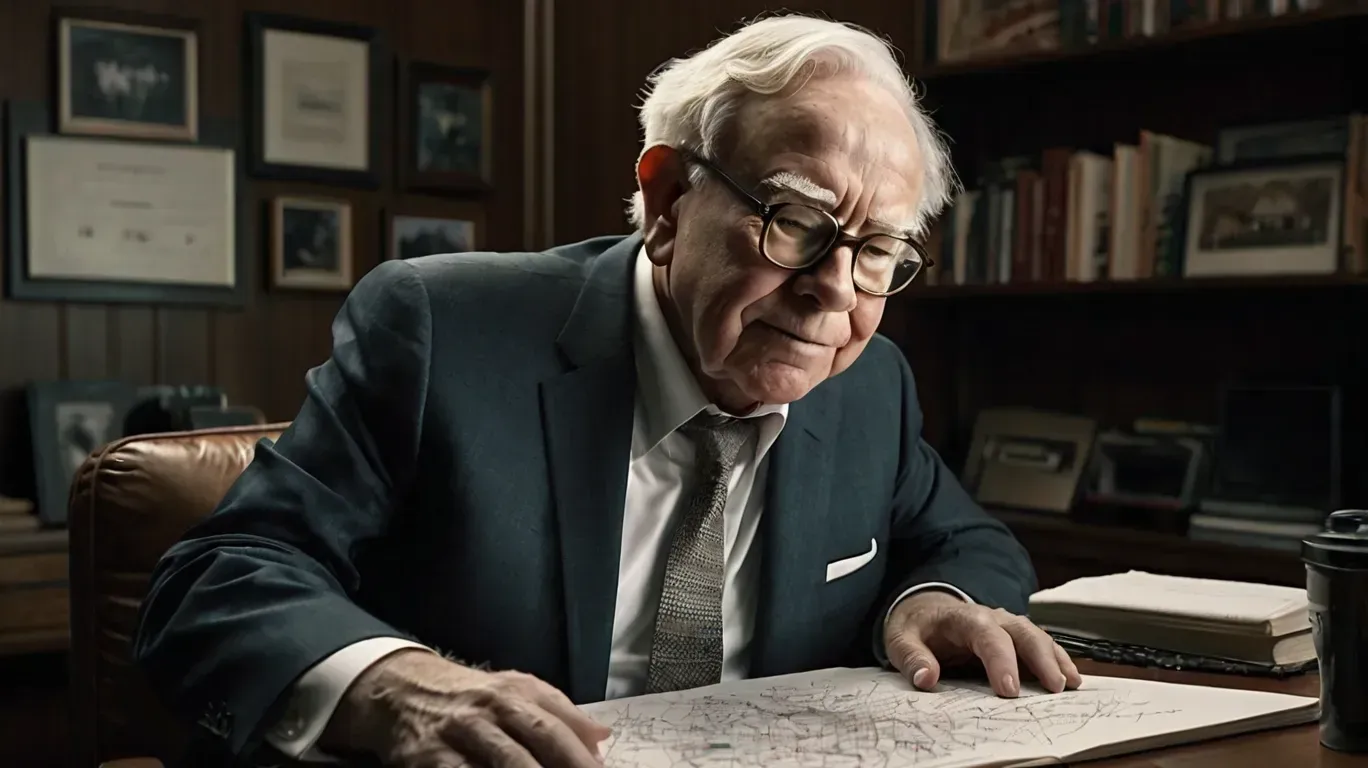In the hustle and bustle of modern life, the concept of productivity has become a holy grail that many of us strive for but often miss. Greg McKeown’s book, “Essentialism: The Disciplined Pursuit of Less,” offers a refreshing and practical approach to achieving more by doing less. Here are six productivity hacks from McKeown’s essentialism that can transform the way you work and live.
The Paradox of Productivity
Productivity, in its traditional sense, often means cramming as many tasks as possible into our schedules. However, this approach can lead to burnout and a sense of being stretched too thin. As McKeown points out, the key to true productivity lies not in doing more, but in doing less – but better.
“Pursue less but better” is more than just a mantra; it’s a mindset shift. It’s about identifying the vital few tasks that truly matter and focusing all your energy on those. This isn’t about being lazy or avoiding work; it’s about being intentional and disciplined in what you choose to pursue.
The Power of No
One of the most challenging yet liberating hacks from essentialism is learning to say no strategically. In a world where saying yes to every request is often seen as a virtue, saying no can feel like a taboo. However, it’s crucial for protecting your time and energy.
As the famous saying by Warren Buffett goes, “The difference between successful people and really successful people is that really successful people say no to almost everything.” Saying no to non-essential commitments allows you to say yes to what truly matters.
Setting Boundaries
Setting boundaries is another essential hack that helps you maintain focus on your priorities. In today’s interconnected world, it’s easy to get pulled in multiple directions. Establishing clear limits helps you stay on track and avoid the constant distractions that can derail your productivity.
Think of boundaries like the fences around a garden. They don’t restrict growth; they protect and guide it. By setting clear boundaries, you’re not being rigid or inflexible; you’re being intentional about where you direct your energy.
The Importance of Reflection
Regular reflection is a critical component of essentialism. It’s about scheduling time to evaluate and adjust your priorities. In a fast-paced world, it’s easy to get caught up in the momentum of daily tasks without stopping to assess whether they align with your goals.
As Aristotle once said, “We are what we repeatedly do. Excellence, then, is not an act, but a habit.” Reflection helps you build the habit of excellence by ensuring that your actions align with your values and goals.
Eliminating the Non-Essential
Eliminating unnecessary tasks is a hack that can significantly boost your productivity. It’s about identifying activities that don’t contribute to your goals and removing them from your to-do list. This isn’t about being ruthless or dismissive; it’s about being honest about what truly adds value.
Imagine your to-do list as a garden. Just as a gardener prunes dead branches to allow healthy plants to grow, you need to prune your tasks to allow the essential ones to flourish.
The Buffer Time
Creating buffer time is another insightful hack from essentialism. It’s about allowing space between tasks for unexpected events and creative thinking. In a world where schedules are often packed to the brim, leaving some breathing room can be incredibly beneficial.
Buffer time is like the white space in a well-designed book. It doesn’t just make the content more readable; it also makes it more digestible and enjoyable. By building cushions into your schedule, you’re not just avoiding burnout; you’re creating space for creativity and innovation.
Weekly Reviews and “No” Lists
To apply these hacks effectively, conducting a weekly review of your commitments is crucial. This involves taking a step back to assess what you’ve accomplished, what needs adjustment, and what can be eliminated. It’s a time for reflection and realignment.
Creating a “no” list is also a powerful tool. This list includes all the things you’ve decided not to do, which helps you stay focused on your priorities. It’s a reminder that saying no to the non-essential is a necessary step towards achieving what truly matters.
Communicating Your Priorities
Communicating your priorities to others is another key aspect of essentialism. When you clearly communicate what you’re focusing on, you set expectations and avoid unnecessary distractions. It’s about being transparent and intentional about where you’re directing your energy.
As the saying goes, “You can’t hit a target you cannot see.” By communicating your priorities, you’re making your targets clear not just to yourself, but to those around you.
Daily Reflection and Decluttering
Scheduling daily reflection time is essential for maintaining focus and ensuring that your actions align with your goals. It’s a moment to pause, reflect, and adjust your course if necessary.
Regularly decluttering your to-do list is also vital. This involves regularly reviewing your tasks and eliminating those that no longer serve your goals. It’s a continuous process of refinement and focus.
The Outcome of Essentialism
By applying these hacks, you can achieve more by doing less, reduce stress, and increase overall life satisfaction. Essentialism isn’t just a productivity technique; it’s a way of living that values intentionality and focus.
As Greg McKeown so aptly puts it, “Essentialism is not about getting more done in less time. It’s about getting only the right things done.”
In the end, it’s not about how much you do, but how much of what you do truly matters. By embracing the principles of essentialism, you can create a life that is more focused, more productive, and more fulfilling. So, the next time you’re tempted to fill every moment with activity, remember: sometimes the best thing you can do is to do less.






